Recent headlines have many pet owners spooked, and you may be worrying about the safety of your pet and your family regarding the new coronavirus, COVID-19. Although one dog in China tested positive for COVID-19, the Centers for Disease Control and Prevention (CDC) and the World Health Organization (WHO) insist there is no current evidence that pets can be a source of infection, or that they can become sick, although the organizations acknowledge the situation is developing. For now, let the following 10 key facts about COVID-19 calm your fears, and keep your pets and family safe and healthy.
#1: Avoid social media when searching for COVID-19 updates
Although we use social media to stay in touch with family and friends, it should not be our main source of reputable information in times of crisis. Many people are prone to panic, and the internet’s many “keyboard warriors” live to incite mass confusion and fear through their opinion-based statements. When seeking accurate COVID-19 updates, stick to these reputable sources:
- World Health Organization
- Centers for Disease Control and Prevention
- American Veterinary Medical Association
- World Organization for Animal Health
If you have any questions concerning COVID-19 and your pet’s health, contact our team.
#2: Prepare an emergency kit for your pet
As the country shuts down, prepare for a two- to four-week quarantine period. Similar to your standard disaster-preparedness kit, ensure your pet has plenty of supplies for a month or longer. Stock up on food, medications, treats, litter, and other necessities for your best friend, and keep in mind that autoship features may not be available in the coming weeks.
#3: Head outdoors during off-peak hours, or find secluded areas to exercise your dog
Reactive-dog owners are breathing a sigh of relief, because the social-distancing practices being put in play allow their sensitive pups space to relax. Take a page out of a reactive dog’s book, and exercise your pooch outdoors during off-peak hours, or in secluded areas. Avoid taking your dog to pet stores, dog parks, and heavily populated neighborhoods, to limit potential infection.
#4: Create mentally challenging games to play with your pet indoors
If your work has shut down, or your city is locked down, your pet will delight in the extra play time. Prevent cabin fever in your furry pal by creating mentally stimulating games, which are more tiring than physical exercise, and an excellent way to keep your pet happy during these troubling times. Teach new tricks, brush up on old obedience skills, use food puzzles or snuffle mats, and create novel games.
#5: Practice proper hygiene around your pet and family
Now, more than ever, practice proper hygiene before and after handling your pet. Wash your hands thoroughly after picking up after your pet, being around sick people, and before preparing food, and avoid touching your face. The CDC states: “It’s always a good idea to wash your hands after being around animals.”
#6: Understand the key differences between COVID-19 and feline and canine coronaviruses
Coronavirus infections are common in humans and animals, but most strains are species-specific, and require a lengthy time to mutate before they can infect another species. The new coronavirus strain, COVID-19, is a human respiratory illness capable of causing more severe symptoms than the common cold coronavirus strain. In dogs, there are two common coronavirus strains—an enteric form that typically causes diarrhea, and a respiratory form that is associated with some cases of kennel cough. Coronavirus in cats also tends to cause mild diarrhea, but can, in rare cases, mutate into a new form that causes feline infectious peritonitis.
#7: Learn how COVID-19 is transmitted
Many people worry about their pets spreading COVID-19 if a sick person coughs or sneezes on their fur, but this route is unlikely. Primary transmission occurs during contact with an infected person’s respiratory secretions, such as saliva or mucus. Contaminated smooth surfaces may be able to hold the virus and infect other people through contact, but porous surfaces, such as pet fur, absorb and trap the virus, making transmission difficult.
#8: Avoid taking unnecessary risks
Although you may be young and healthy, you likely know someone who is older, or has a compromised immune system. Protect family, friends, and strangers by avoiding unnecessary risks. Reschedule elective procedures, such as a spay or neuter, and postpone your pet’s annual wellness visit. Stay indoors as much as possible, and have someone else take care of your pet if you are sick.
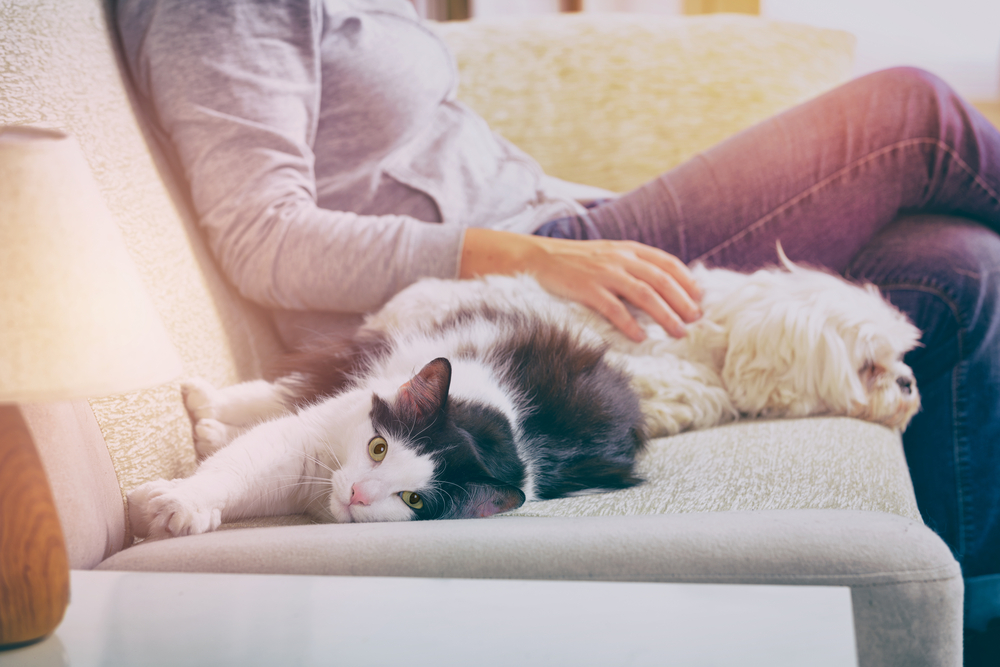
#9: Rest assured that we are taking preventive measures to ensure continued health for our team and your family
Our normal cleaning practices have been kicked into overdrive to protect you and your pet. As a veterinary hospital, we have strict cleaning protocols to avoid disease transmission, but we have bumped up the frequency with the COVID-19 threat, and now clean every surface after each client. To minimize any potential COVID-19 transmission, we are also ensuring our sick team members stay home.
#10: Contact Alisos Animal Hospital for any questions regarding your pet’s health
We understand that pets still fall sick, or become injured, during a pandemic, and we want to provide the best care possible, but we may have changed our protocols, so contact us first if your pet needs to be seen by Dr. Bahou. We may have changed our hours, or require you to call us from the parking lot, or to wait in your car, so call before heading out.



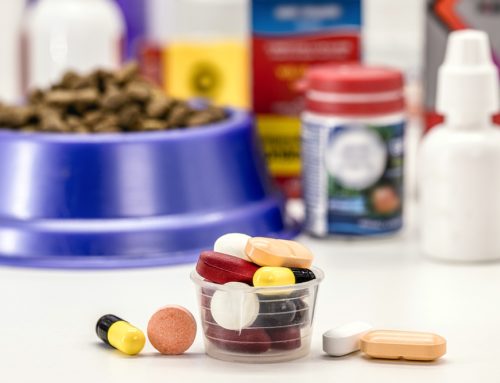
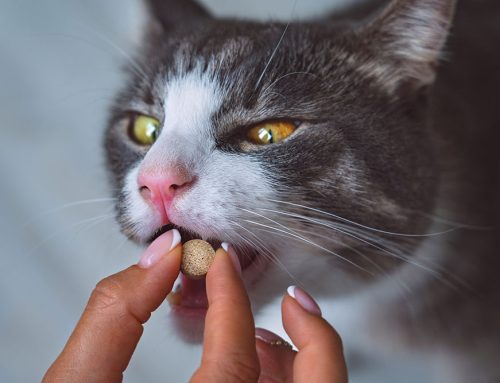
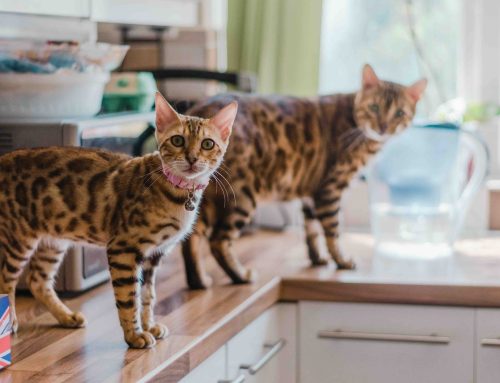
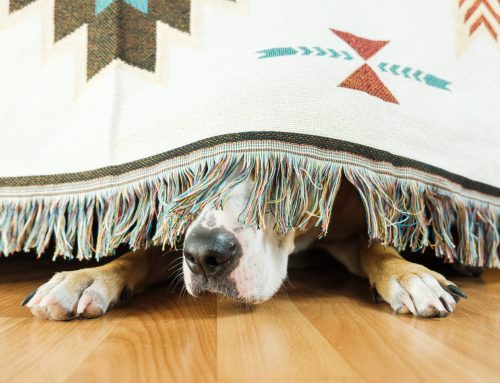

Leave A Comment